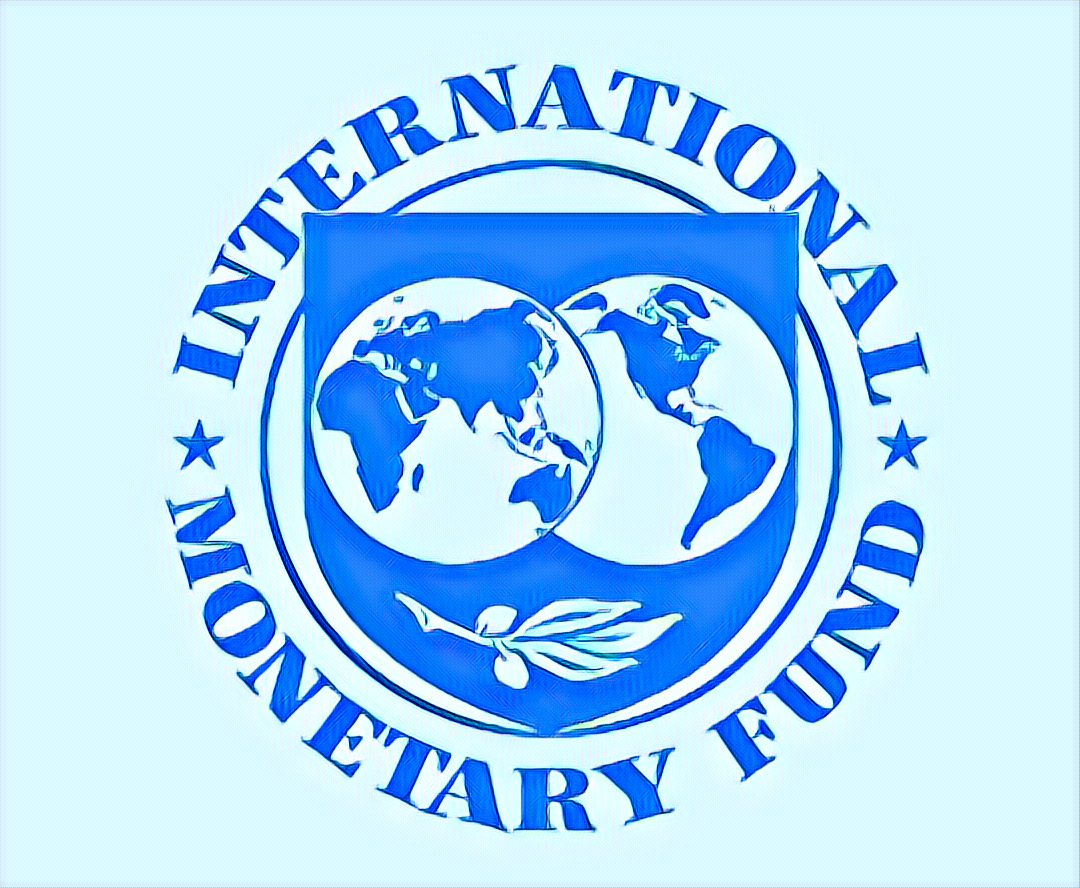Ghana’s current debt situation is alarmingly unsustainable, the International Monetary Fund (IMF) has declared, painting a concerning picture of the nation’s financial health in their recent “2023 Article IV Consultation” Staff Report. The IMF’s analysis underscores the severity of Ghana’s financial woes, categorizing it as remaining in a state of debt distress.
In their report, the IMF highlighted persistent breaches of Debt Sustainability Analysis (DSA) thresholds, indicating that despite ongoing restructuring efforts, Ghana’s debt continues to be unsustainable. This troubling assessment echoes the IMF’s findings published in May 2023, underscoring the gravity of the situation.
The IMF’s report follows a critical meeting on October 6, 2023, with the Ghanaian government, discussing policies linked to the IMF’s Extended Credit Facility (ECF) program.
According to a report by My Joy Online, the Ghanaian government embarked on a debt restructuring program in 2023, a pivotal move aimed at achieving sustainable debt levels and securing the IMF program. This comprehensive strategy was designed to transition Ghana from a “high” to a “moderate” risk of debt distress, aligning with the IMF-World Bank Debt Sustainability Framework for low-income countries (LIC-DSF).
Key objectives of the restructuring included obtaining external debt service relief and significantly reducing domestic financing pressures. These steps were critical to closing the external financing gap and stabilizing the domestic financial landscape.
The IMF’s report delves into the macroeconomic framework that informs the Debt Sustainability Analysis. The baseline scenario, based on projections under the IMF-supported program, aims to re-establish macroeconomic stability and medium-term debt sustainability.
Ghana’s fiscal and external positions suffered a major setback due to the COVID-19 pandemic, global financial tightening, and the Ukraine war. These combined with pre-existing vulnerabilities, led to a substantial increase in public and external debt, culminating in Ghana losing international market access in late 2021.
The IMF noted that Ghana’s public debt surged from 63.0% of GDP in 2019 to 93.3% of GDP by the end of 2022. Domestic debt alone reached 50% of GDP in 2022, with a significant portion held by the Bank of Ghana. The public external debt stood at 43.3% of GDP.
To counter this dire situation, the IMF emphasized the importance of Ghana’s comprehensive debt restructuring. This aims to achieve debt sustainability by significantly lowering debt stock and flow ratios, targeting a reduction in the present value of total debt-to-GDP and external debt service-to-revenue ratios.
The IMF advised the Ministry of Finance to enhance monitoring of debt issuance by state-owned enterprises and other public entities. It stressed the need to avoid excessive collateralization of debt issuance, as part of broader efforts to manage and rectify the country’s precarious financial situation.





1 comment
Thank you for your sharing. I am worried that I lack creative ideas. It is your article that makes me full of hope. Thank you. But, I have a question, can you help me?